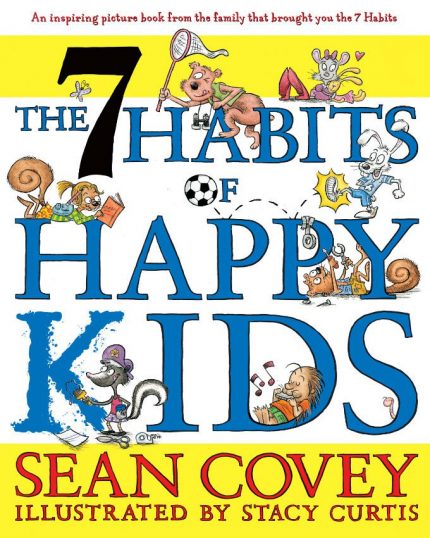

QUICK DELIVERY
Swift dispatch
ONLINE PAYMENT
Multiple options
EXPERT SUPPORT
Help when you need it
WIDE VARIETY
Thousands of books
GLOBAL SHIPPING
Worldwide delivery
0794 233 261




KShs999.00 KShs950.00
In stock
Main features
This adjustable mirror helps parents keep an eye on their children in the back seat
1. Pivoting mirror
2. Clips to visor for forward-facing children
3. Attaches to the rear window for rear-facing children
4. Easy to use
5. Sold by Ruchir Holdings


Swift dispatch
Multiple options
Help when you need it
Thousands of books
Worldwide delivery
No account yet?
Create an Account
Reviews
Clear filtersThere are no reviews yet.